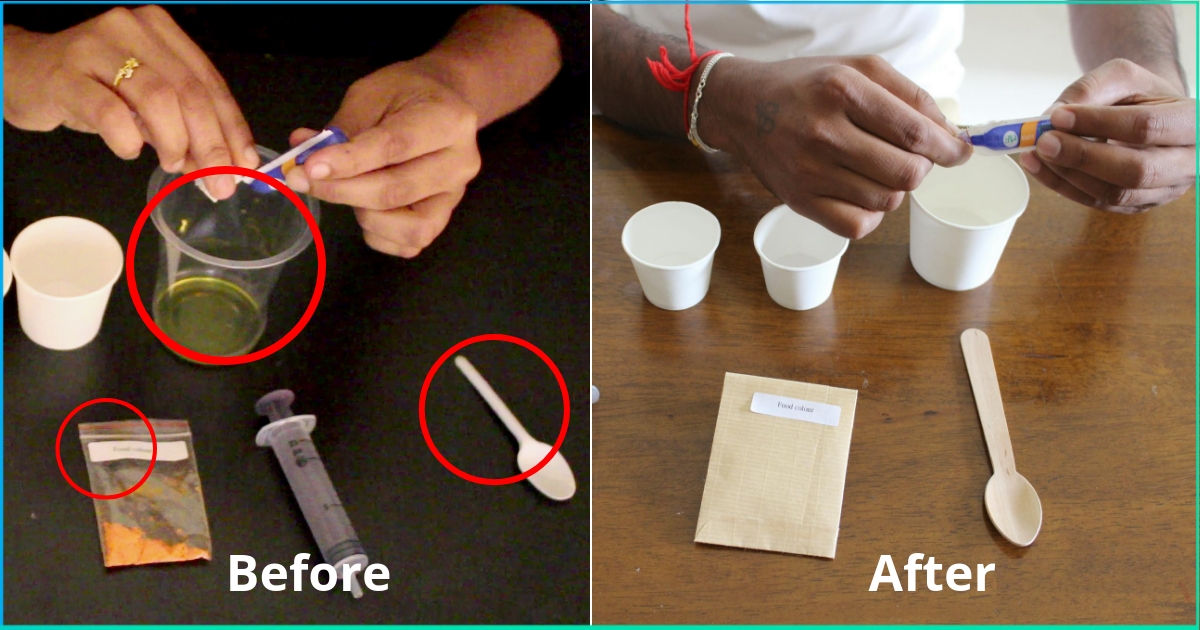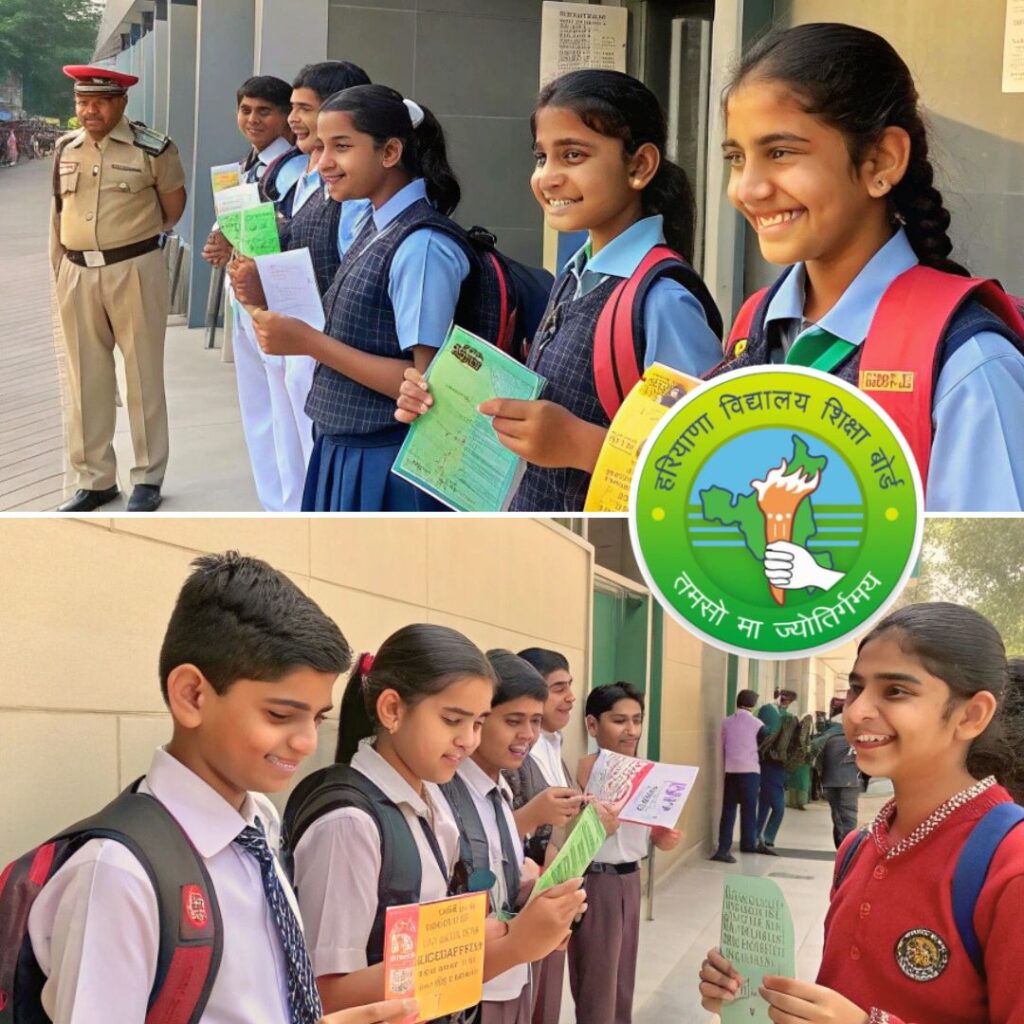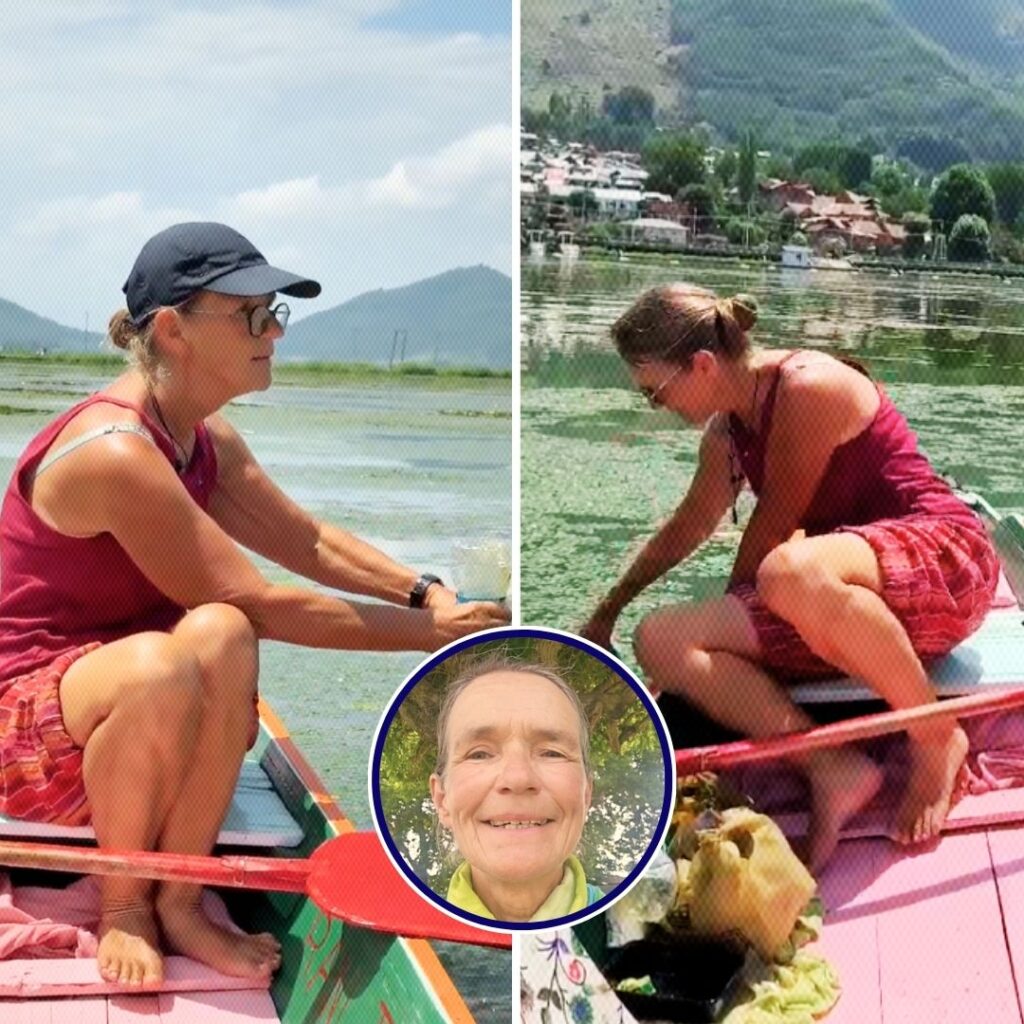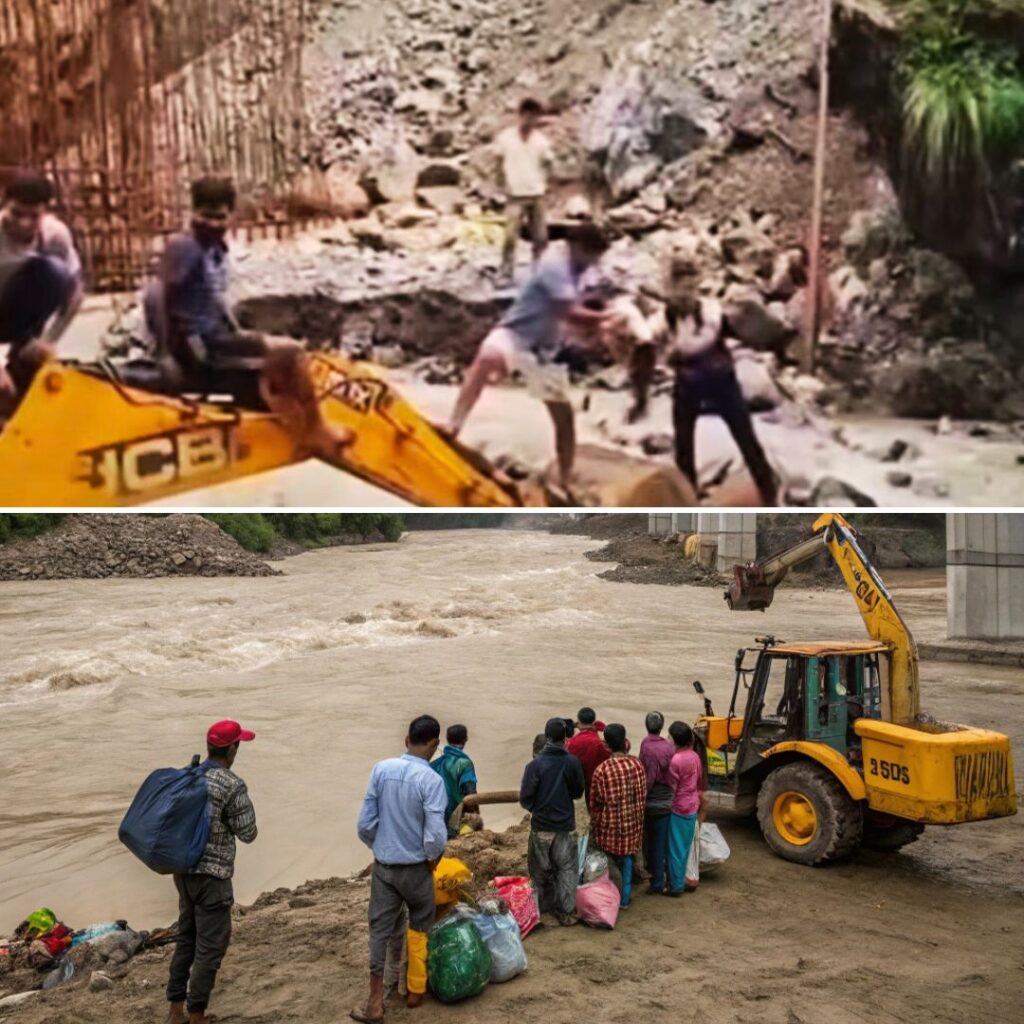With rising awareness about making school education more practical, many organisations are coming forward to conduct innovative scientific experiments for school children to give them more conceptual clarity. However, very of few us are aware that these harmless school experiments can also add to an enormous amount of plastic pollution. Life Labs, an organisation which works with affordable schools for making science lessons more interactive, realised this problem first and came up with alternative solutions to reduce their plastic usage in the science experiment kits they use. Now, they have replaced many non-biodegradable components like plastic spoons, cups, straws and pouches in their experimental kits with eco-friendly materials. Talking to The Logical Indian, LifeLabs team members shared their motivation behind this initiative and how the change is helping to inculcate environmental awareness among the children.

What LifeLabs does
Remember the miniature boat-plane little Ishaan put together in Taare Zameen Par, using scraps from his tiny treasure pouch? LifeLabs works in almost a similar manner. Founder Lewitt Somarajan noticed how kids are finding classroom lectures boring and monotonous while working with Teach For India. Especially, in low-income government and private schools which cannot afford high-cost laboratories or expensive instruments, the students tended to find their textbook lessons distant and studied half-heartedly. Lewitt felt that the educational scenario demands a drastic change where learning can be an enjoyable activity and not an obligation. It dawned upon him that science is perhaps the best medium to make learning more engaging. With the determination to make science more accessible, interactive and fun, Lewitt collaborated with similar-minded people and launched LifeLabs 5 years ago.
Today, LifeLabs partners with schools across India which lack high-tech infrastructure, and provide them with easy-to-operate experimental kits, which the teachers use to make the science period more captivating for every boy and girl. Alongside, LifeLabs also trains the teachers to shift from conventional blackboard lessons to activity-based science classes. “We work with students from 3rd standard to 10th standard. In five years, we have reached out to 4,50,000 children in 11 states of India and trained over 1500 teachers. We continue to provide academic support to the schools throughout the year,” informs Ila from LifeLabs. They aim to provide a holistic intervention for the young minds, right from ideation of a product to understanding complex scientific ideas clearly.
“We never use any expensive scientific equipment in our experiments because we feel that might intimidate the students. They might develop the notion that science is something very complicated. That’s why our models are made up of all locally available items which the students can also make all by themselves,” Ila explains.
LifeLabs produced 700 kg of plastic waste
Using their DIY activity kits, LifeLabs experimentally demonstrates Physics, Chemistry or Biology lessons to the curious students who are encouraged to improvise the experiment with their own creativity. “Our experimental set-ups are designed with very frugal materials which are easily available. Plastic materials happen to be the most popular that can be sourced from anywhere. Inevitably, plastic was our first choice when we started five years ago. We used plastic cups, straws, carry-bags, glasses etc in our experimental models that demonstrate complicated theories and jargons in the simplest manner possible” shares Adwaita, the R&D head at LifeLabs.
Last year, at a team meeting on World Environment Day, the members brought up the topic of the wastage they are producing. Upon further analysis, it was revealed that LifeLabs is generating over 700 kg of plastic waste every year. “This huge amount of plastic waste contributes to a high carbon-dioxide emission. That is when we were motivated to look for alternatives as soon as possible,” shares Adwaita.
Reducing their plastic waste
Gradually the team started to introduce greener substances in their activity kits. For instance, plastic cups were soon replaced by paper cups, plastic straws with paper and metal straws, plastic spoons with wooden spoons. Plastic bags moved out of the scene to make way for paper and cloth bags. Plant parts like leaves, branches, flowers or twigs are also used to explain biological processes to the students. With sincere efforts, LifeLabs has successfully reduced their carbon footprint by 4.2 tonnes over the year. Now they are urging their counterparts to adopt a plastic-free work environment.

Indeed, the switch from plastic was difficult. The primary concern was if the experiments will continue to be equally effective. Following months of trial and error, the team fixed upon the suitable alternative for each of their 200+ experimental models. The next hurdle was to source those materials in bulk, as eco-friendly materials were not widely available in the commercial arena. Most of the vendors would refuse to supply them with wooden spoons or paper straws in large quantities.
Creating environmental awareness among the children
Despite these struggles, today the team is rejoicing as their #saynotoplastic initiative has borne fruit not only from the environmental perspective but also in creating widespread awareness. Since the change, the team has noticed a positive behavioural shift in the children who are excitedly spreading the word among their families and friends. “If a child sees a plastic bag being replaced by a cloth bag in his experiment, it will naturally kindle his or her curiosity. When the reason is explained in detail, it triggers the sense of awareness in the child. So much so, that apart from rejecting plastic themselves, they are also influencing their elders to opt for a greener lifestyle,” Adwaita shares, who believes that the words of a child make a substantial impact. “We envision to create a future generation of dignified individuals who are well aware of their social responsibilities and have an open mindset to find innovative solutions to every problem,” she shares.
The Logical Indian team appreciates the laudable initiative by LifeLabs and insists all responsible citizens curb their plastic usage.
Also Read: TN: Schoolgirls Collect And Send 20,000 Plastic Wrappers Back To Their Respective Manufacturers
With #MySocialResponsibility, we aim to bring you more inspiring stories of individuals and organisations across the globe. If you also know about any changemakers, share their story at [email protected] and we’ll spread the word.











